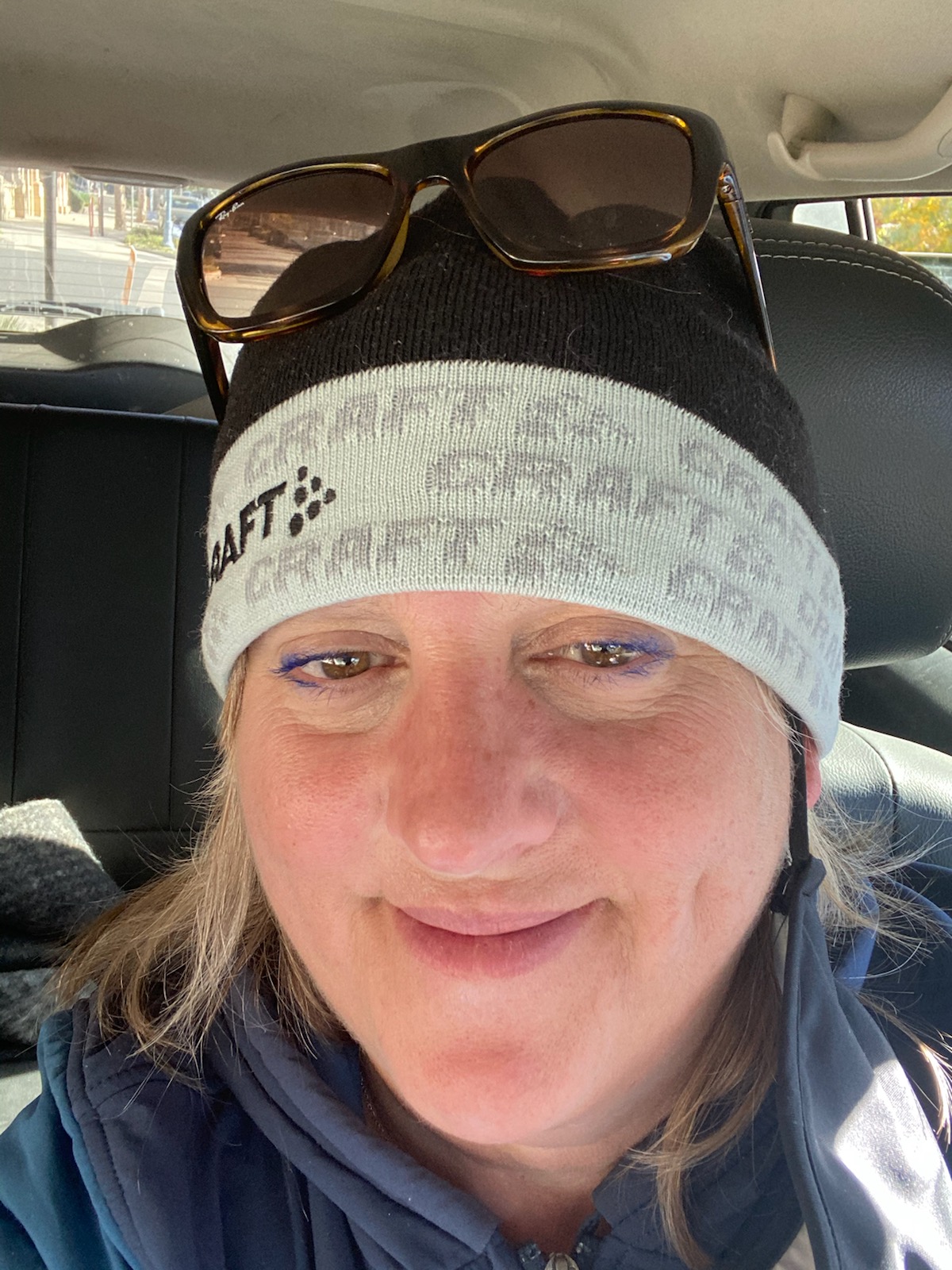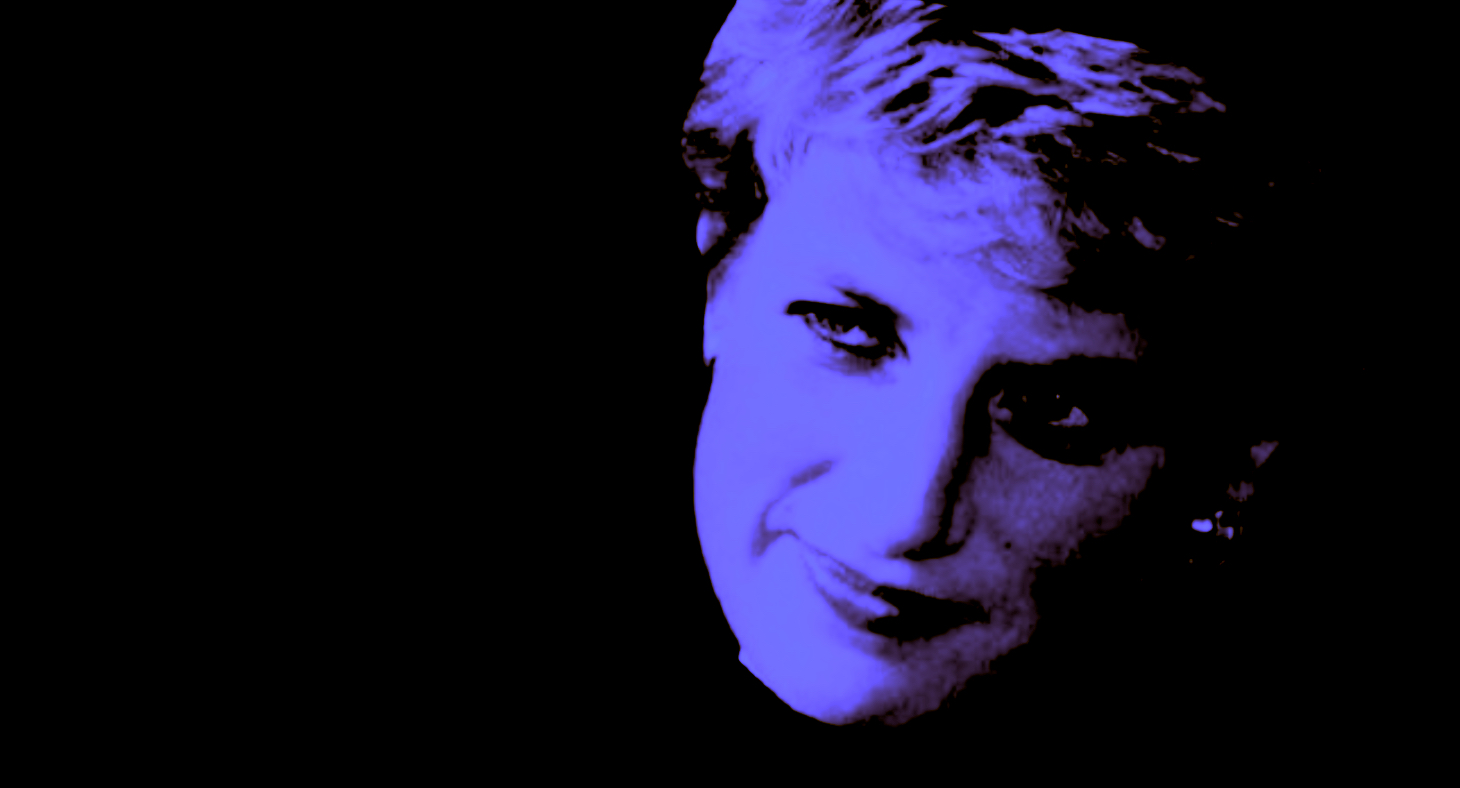Maybe it doesn’t matter whose “face is on the tea towels” when a British Royal Family wedding includes a new bride. In the aftermath of the Oprah Winfrey interview for CBS from Harpo Productions on March 7 with a re-air on March 12, perhaps the biggest takeaway is that Diana The People’s Princess got her message out about the difficulties for women in the Royal system even if it took the second generation to share it. But these issues don’t just pertain to Royals.
While HRM The Queen is universally lauded for a lifetime of service, especially during WWII? Somehow the direst internal crises have happened on her watch. Not just the crack-up of The Prince and Princess of Wales’ gilded marriage from the 1980’s to 1996, including her spectacular shock death in 1997, but The Duke of York’s little black book life, and now Meghan Markle’s disclosures along with husband Prince Harry labeled in that system as “the spare” to the Crown’s heir.
Yet again, there is a chord hit here that women everywhere in the world find relatable.
In other words, the epicenter of this controversial interview is something women everywhere understand, the less-than status that is often applied to any new bride.
Not just a Royal issue, it crosses all incomes, cultures, and ethnicities.
We’re not talking the well-known statistics about women from the World Health Organization (WHO) that found in 161 countries 1 in 3 women will have experienced trauma.
No, this is something else again.
As subtle as the gradations of perception about Meghan that Weatherman Alex Beresford tried to explain to Piers Morgan before he allegedly “stormed off” his Good Morning Britain program in the UK, and then allegedly quit, what we’re talking about is the subtle belittling and signaling that the newcomer can face in a new family dynamic. There are gradations of unwelcoming cues that precipitate levels of backhanded denigration.
Where you went to school, university, parents’ income and marital status, all these metrics apply.
Meghan Markle, being from the term “broken home” is something almost all women can identify with as a label thrown down by potential in-laws. Speculation about children hits home too, not just in mixed-race couples.
Will they inherit the new daughter-in-law’s desirable or undesirable qualities?
Meghan Markle hit so many hot button issues, from pre- and postpartum depression to self-harm as a common fallback among women who search for a voice to communicate the thorny issues that rock the foundation of a woman’s self-image in general.
While Piers Morgan, even Megyn Kelly, may make their analysis about whether Meghan was “truthful” or “believable”? Millions of women read this situation far differently from that superficial gloss.
This is what Diana Princess of Wales gave her life to express: how to find your identity and happiness in the face of belittling by proxy from the in-laws, extended family, or even your own family in the context of marriage.
Again, this is not unique to the British Royal Family.
The very basic fact that a woman by tradition gives up her so-called “maiden” name is indicative of the identity shift required of women who enter a new family in marriage.
Meghan Markle’s disclosures about whether her son would get a Royal title, and protection, may seem far removed from ordinary women’s lives. But as mothers, there is that same jockeying for position in families all over the world.
Will your children be seen as stakeholders in the new family, or throw-away family members taking the heat that their mothers may receive? Will they be respected even if the family has tried to bury their mother’s influence? And in Diana’s case, they not only threw away the mother, but literally buried her.
While men have their football games, the military, and other hierarchical systems within the patriarchy replete with symbols, hidden codes, and handshakes, women have some secret codes too. But without the hierarchy.
Where the pain of motherhood, childhood development, and marriage are concerned, the sisterhood of women is an entirely flat organization with no leadership, only empathy and recognition.
As women, whether with children or not, there is an innate recognition and understanding that the deck is stacked in favor of the patriarchy. Something communicated behind the eyes for women, a recognition of sorts.
As real as the chyron under a news story, women tune into the feelings, not just the facial expressions.
It’s the unspoken mood of another woman coming out from under the reflexive oppression of a worldview that still values men above women and sides with the banners, badges, and builders of that brotherhood.
There are no insignias, crests, or any established symbology for the world of women. We’re just forced to grow and change ad hoc without fanfare, or medals, Super Bowls, or World Cups.
Meghan Markle’s attempt to shape the conversation that still isn’t allowed to happen for women in ordinary families certainly never happened for Diana.
Princess Diana may have been able to share “there were three of us in this marriage,” but she didn’t live long enough to share what her new chapter might have looked like as a template for us. The Oprah Winfrey interview has confirmed that the circumstances were indeed difficult, and that Princess Diana was not alone in her misery.
In fact, Meghan Markle and Prince Harry have actually uncovered The People’s Princess Principle. In other words, to address the results of institutional favoritism, whether it be Royal or ordinary citizen, the only way to reveal this dynamic is to appeal to the public.
Just like that old saying “when you kill the King, you must do it in front of the entire court,” Meghan Markle and Prince Harry had to express their views in front of the entire viewing public, and now, for the court of Social Media worldwide.
# # #


